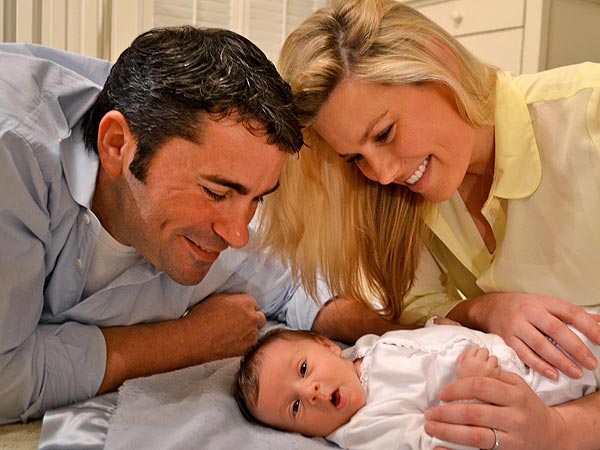NEW YORK (Reuters) - Stocks on Monday suffered their biggest drop since November after a strong showing in Italian elections by groups opposed to the country's economic reforms triggered worry that Europe's debt problems could once again destabilize the global economy.
The decline marks the biggest percentage drop for the benchmark Standard & Poor's 500 Index since November7, and drove the S&P down to its lowest close since January 18. The CBOE Volatility Index <.vix> or VIX, Wall Street's favorite barometer of fear, surged 34 percent, its biggest jump since August 18, 2011.
Selling accelerated late in the trading session after the S&P 500 fell below the 1,500 level, which has acted as a significant support point. Monday marked the S&P's first close under 1,500 since February 4.
Italy's center-left coalition holds a slim lead over former Prime Minister Silvio Berlusconi's center-right bloc in the election for the lower house of parliament, three TV projections indicated. But any government must also command a majority in the Senate, a race that is decided by region.
The resulting gridlock in parliament could lead to new elections and cast into doubt Italy's ability to pay down its debt.
"Europe hasn't gone away as an issue, it is going to hang around, and it is rearing its ugly head today," said Stephen Massocca, managing director of Wedbush Morgan in San Francisco.
"If someone gets elected who is simply not going to play by the rules, what are they going to do? It puts them in a real quandary here because their financial support, their monetary support is all stipulated by the fact that these austerity programs are going to be in place."
Earlier polls pointing to a center-left victory boosted stocks in Milan and other European markets, and also helped lift the S&P 500 to a session high of 1,525.84 on optimism that Italy would continue down its austerity path.
After a strong start to the year, equities have retreated more recently. The S&P 500's slight fall last week was its first weekly drop after a seven-week string of gains.
In Monday's volatile session, banks and other financial stocks were among the worst performers on worries about the sector's exposure to Italy's massive debt. The KBW Bank Index <.bkx> fell 2.7 percent.
The CBOE Volatility Index <.vix> ended at 18.99, up 34.02 percent.
The Dow Jones industrial average <.dji> dropped 216.40 points, or 1.55 percent, to 13,784.17 at the close. The Standard & Poor's 500 Index <.spx> lost 27.75 points, or 1.83 percent, to 1,487.85. The Nasdaq Composite Index <.ixic> fell 45.57 points, or 1.44 percent, to 3,116.25.
Although the overall market lost ground on Monday, there were a few bright spots.
Barnes & Noble Inc
Amgen Inc shares climbed 3.1 percent to $89.55, after rival Affymax issued a voluntary recall of its only drug, an anemia treatment that competes with Amgen's top-selling red blood cell booster, Epogen. Affymax shares lost 85.4 percent to $2.42.
The FTSEurofirst-300 index of top European shares <.fteu3> edged up 0.04 percent and Italy's main FTSE MIB <.ftmib> ended up 0.7 percent after earlier gaining nearly 4 percent.
Political uncertainty on the home front, though, is also on Wall Street's mind.
U.S. equities will face a test with the looming debate over so-called sequestration - U.S. government budget cuts that will take effect starting on Friday if lawmakers fail to reach an agreement over spending and taxes. The White House issued warnings about the harm the cuts are likely to inflict on the economy if enacted.
"Sitting out there is the one-thousand-pound gorilla - the sequester issue - and certainly nothing is happening there," said Tim Ghriskey, chief investment officer of Solaris Group in Bedford Hills, New York.
Lowe's Companies Inc
With 83 percent of the S&P 500 companies having reported results so far, 69 percent beat profit expectations, compared with a 62 percent average since 1994 and 65 percent over the past four quarters, according to Thomson Reuters data.
Fourth-quarter earnings for S&P 500 companies are estimated to have risen 6 percent, according to the data, above a 1.9 percent forecast at the start of the earnings season.
Volume was active with about 7.27 billion shares traded on the New York Stock Exchange, NYSE MKT and Nasdaq, above the daily average of 6.46 billion.
Declining stocks outnumbered advancing ones on both the NYSE and the Nasdaq by a ratio of about 4 to 1.
(Editing by Kenneth Barry, Nick Zieminski and Jan Paschal)











